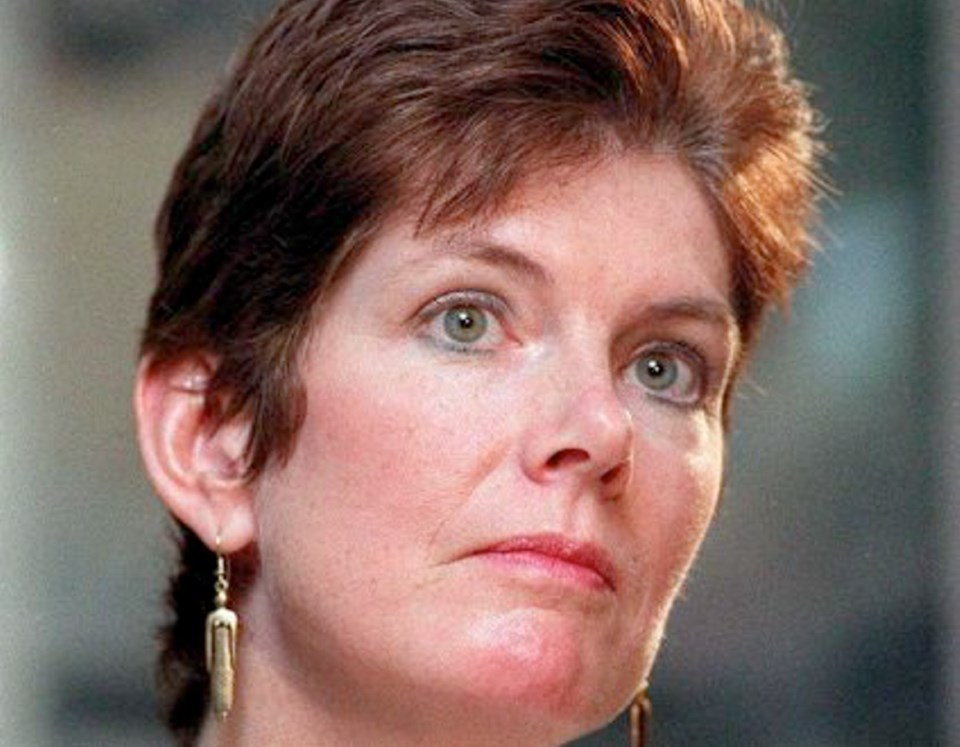 When a bipartisan health committee asked for input last year on the sensitive topic of end-of-life care, it was swamped.
When a bipartisan health committee asked for input last year on the sensitive topic of end-of-life care, it was swamped.
It got dozens of presentations on pain management, palliative care and advance care planning. But the majority of submissions were about the touchiest topic of all: physician-assisted dying. Many were prompted by the Supreme Court of Canada decision last February, in the middle of the committee’s hearings, that voided current prohibitions on physician-assisted dying.
The court gave the federal and provincial governments 12 months to enact new legislation consistent with Charter rights. There are three months left before the decision takes effect one way or the other, although many expect the new Liberal government will ask for an extension, citing the change of government to ask for more time.
The health committee reported back to the legislature Tuesday with several recommendations on how to adapt to the historic ruling. There was an unusual wrinkle in the process that reflects how difficult the issue is.
The Liberals appointed a new member to the committee in recent weeks — MLA Marc Dalton. He voted against the report. And when it arrived in the legislature, the government moved that the report be “received,” rather than the customary wording of “adopted.”
The NDP vice-chair of the committee, MLA Judy Darcy, quickly moved it be adopted as well, but that needs unanimous consent and there were votes against, so that failed.
Received rather than adopted is an entirely academic distinction, of interest mostly to parliamentarians. The report is now public, on the legislature’s website. And regardless of what the legislature did with it, it’s up to Health Minister Terry Lake and the cabinet what becomes of the recommendations.
The committee acknowledged how difficult the topic is and how divergent the perspectives are.
But Dalton said Tuesday what struck him was how one-sided the submissions were. The vast majority of them favored physician-assisted suicide, he said, to the point where he was surprised and concerned there were no voices on the other side.
“It’s important to hear from the other side and the submissions didn’t reflect the spectrum of views,” he said.
So he voted against the recommendations. He personally opposes the idea in any event, based on how broadly it is used in some European countries and out of concern for the weakest members of society.
The report notes that it didn’t actually seek input on the specific topic of physician-assisted dying. The submissions likely came in unsolicited after advocates got wind of the committee’s work.
Nonetheless, the committee made several recommendations on how to approach the new legal status that will be coming once the Supreme Court of Canada decision takes full effect. Most of them are common sense and inherent in the judgment itself.
It calls on the government to incorporate access to physician-assisted dying across the continuum of care, including home care, supported living, acute and palliative care.
The government should affirm all caregivers’ right to conscientious objection and allow them to refer such patients to other medical personnel. Patients should have a clear avenue to assisted dying if their medical team has conscientious-objector concerns.
Public health authorities should be designated to ensure equitable access to physician-assisted dying for residents across the province.
As well, a review is needed of whether current law on advance care planning directives are legally binding in light of the SCOC decision.
The decision stated that the current prohibitions are void if they deprive a competent adult of such assistance where the patient consents to death and has a grievous and irremediable medical condition that causes intolerable suffering.
If there is no extension of the grace period, physician-assisted dying might be regulated like any other health matter after Feb. 6, 2016.
After the reported was received by the legislature, Darcy, the deputy chair, told the house she was profoundly disappointed the government didn’t adopt it. The move showed lack of leadership, she said. It was likely to avoid a sizable split vote, because Dalton wasn’t the only Liberal opposed.
But it doesn’t matter much. The report is out, and it speaks directly to the health minister on how to proceed on the unfamiliar new ground the court has broken.



